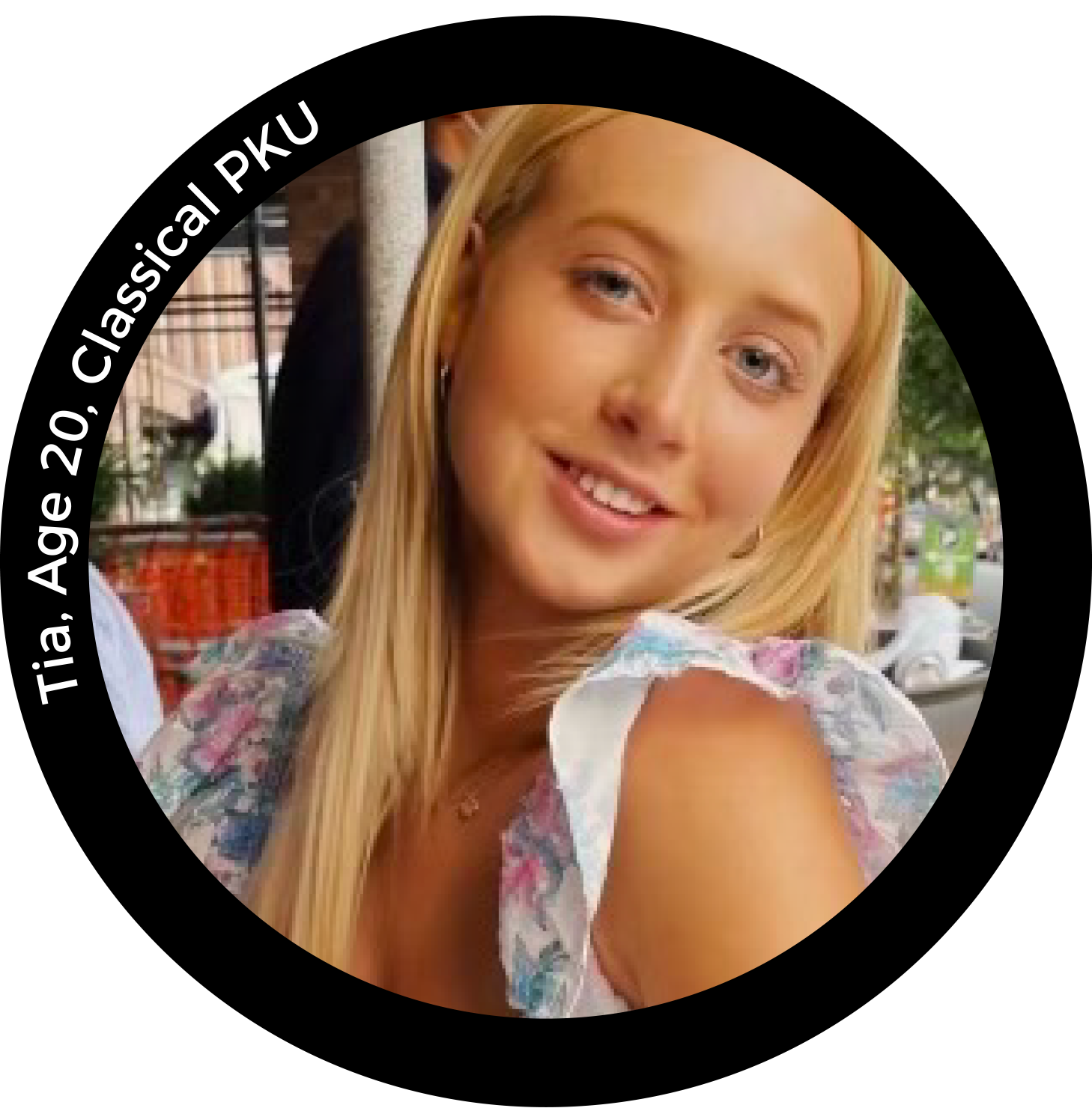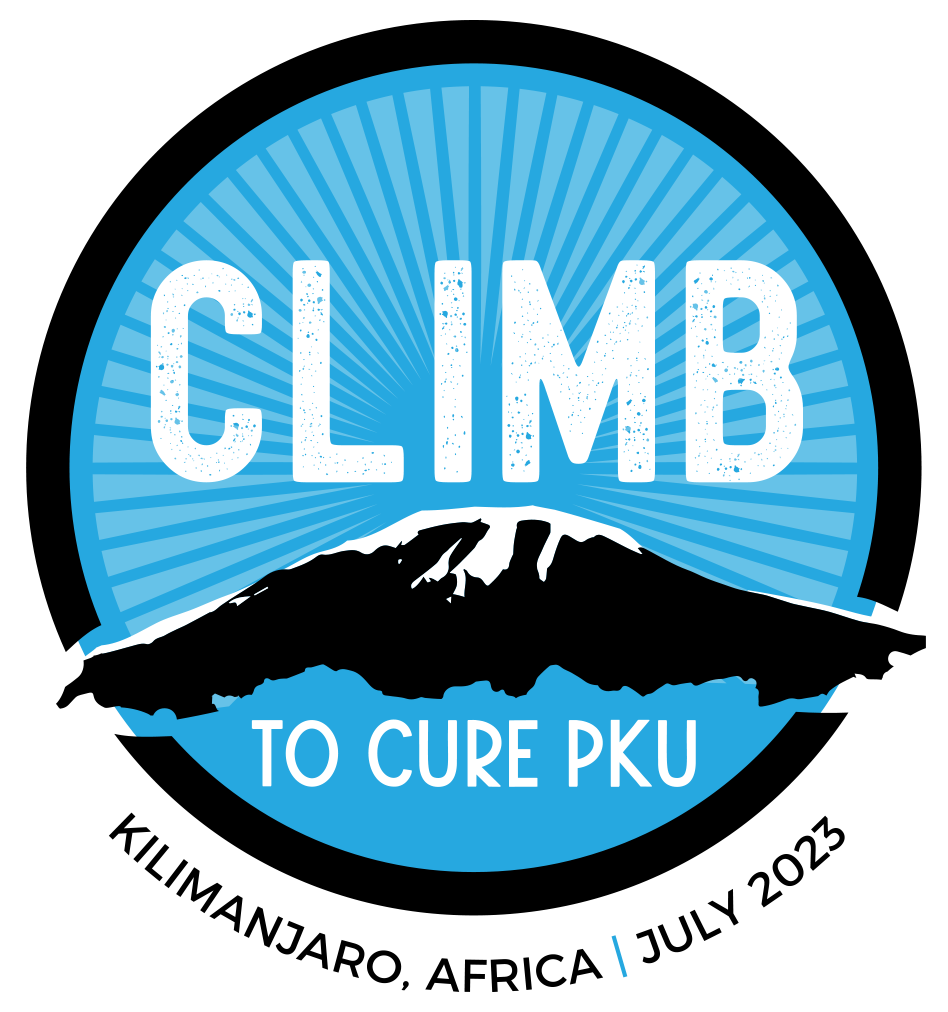It all started with one life-altering phone call from a doctor….

Imagine the joy of the birth of your first child, long awaited and arriving robust and beautiful. Then imagine 48 short hours later receiving the news that your precious newborn has a rare metabolic disease and that without unimaginable dietary restrictions she will become severely intellectually disabled in less than a year. This rare disease is called PKU. This is what my sister Tia was born with twenty years ago.
What is PKU?
Phenylketonuria (known as PKU) is an inherited metabolic disease affecting the brain. People living with PKU cannot process a substance called phenylalanine (Phe) and as a result, Phe is toxic to their brain. Phe is an amino acid that is a building block of proteins and is found in all proteins, in most foods, and artificial sweeteners.
PKU infants are diagnosed in the first few days of life through the life-saving Newborn Screening Program. Those infants are immediately placed on a restrictive, low protein diet consisting of medical foods and special formula to limit the amount of protein (Phe) they eat. This diet is for life. Frequent blood tests measure the amount of Phe in a child’s blood to work towards preventing health problems. When an infant or adult is untreated or poorly treated, Phe rises to high levels in the blood and can irreversibly damage the brain causing severe neurological complications, including IQ loss, memory loss, seizures, severe learning and physical disabilities, and emotional problems. In addition, it has been shown to cause low bone density, still allows for Phe to reach the brain, impacting important brain functions, and makes it very difficult for women with PKU to have children. There are roughly 16,500 people living with PKU in the United States today.
There are two types—hyperphenylalaninemia (mild PKU) and Classical PKU, the most severe, which is the type that Tia has. Because it is a very rare disease (1 in 12,000 babies) it is considered an “orphan disease” and the burden of funding therapies and a cure fall to those families and individuals who care passionately.
I have watched my sister struggle to manage PKU through the years. It has been sad and difficult to watch her struggle to find food she can eat, celebrate life moments through food, feel full, feel healthy, and then to manage the social pressure around her low protein food and formula. I would like to see a better life for all living with PKU.


